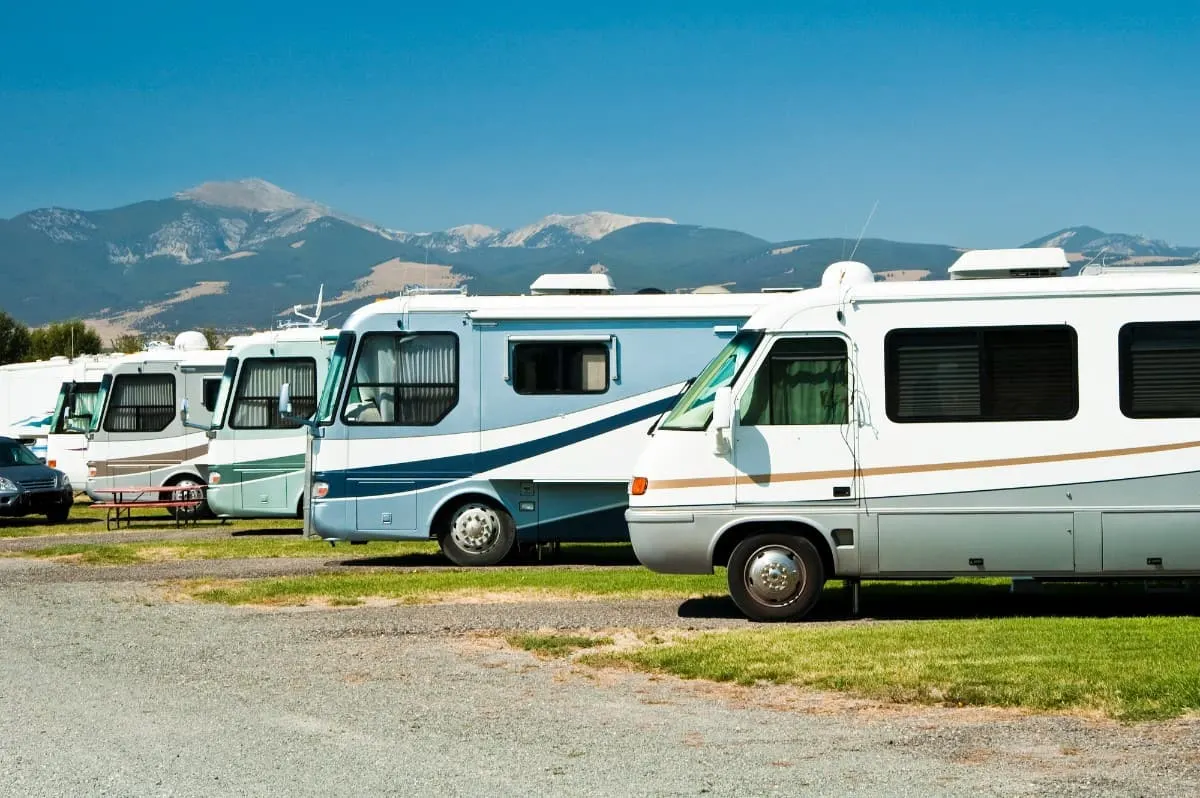
Recreational vehicles come in various sizes; levels of comfort, powered and unpowered, and for use as a weekend camping spot or a place to retire. Unfortunately, the cost of RVs has increased in the last two years. The increases are due to very high demand and higher labor and material costs.
Or, you can build your own and save a lot of money. For example, a relatively handy person with tools can build a teardrop pull behind the trailer in a couple of months of weekends.
A friend converted a 14 x 6-foot utility trailer into a comfortable travel trailer with a full-size bed, mini kitchen, and a fold-down rear deck. They started with the base trailer, added flooring, finished the walls, a counter for a coffee maker, a sink, an electrical panel for ac and dc power, and air conditioning.
It is not self-sufficient; however, the initial trailer was $2,700, and the materials to finish it cost $1,900. So, for $4,600, they got a very comfortable travel trailer that didn’t break the bank.
Cost Breakdowns of RVs
Retail Price of RVs
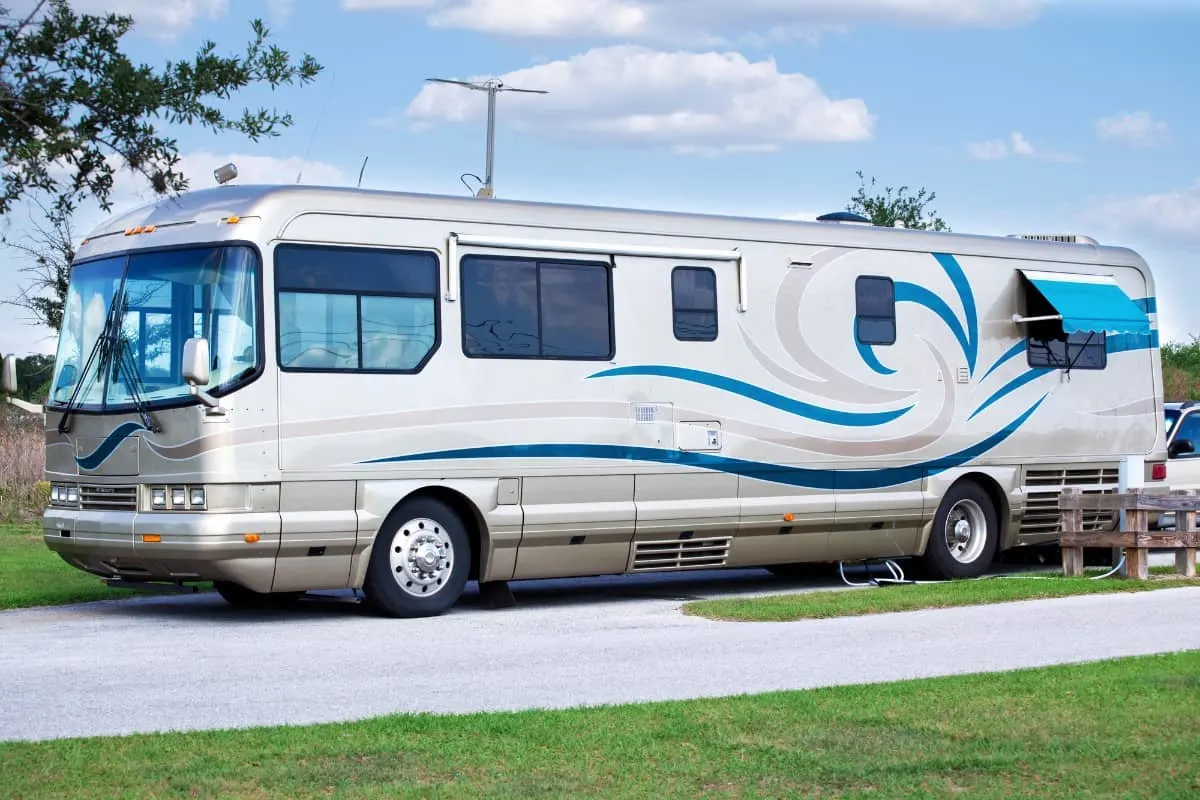
The average retail price ranges between $10,000 to over $300,000. The variance depends on the type of RV it is and whether it is powered or needs to be pulled.
With this information, you know where to start your negotiation. However, the cost of the unit is not the only negotiable point to bring the price down for you. Most RV sales personnel earn a commission of 20 to 30 percent of the net profit.
If they want to make a sale, they can give up a small commission and may be willing to do so if you ask.
The Wholesale Price of RVs
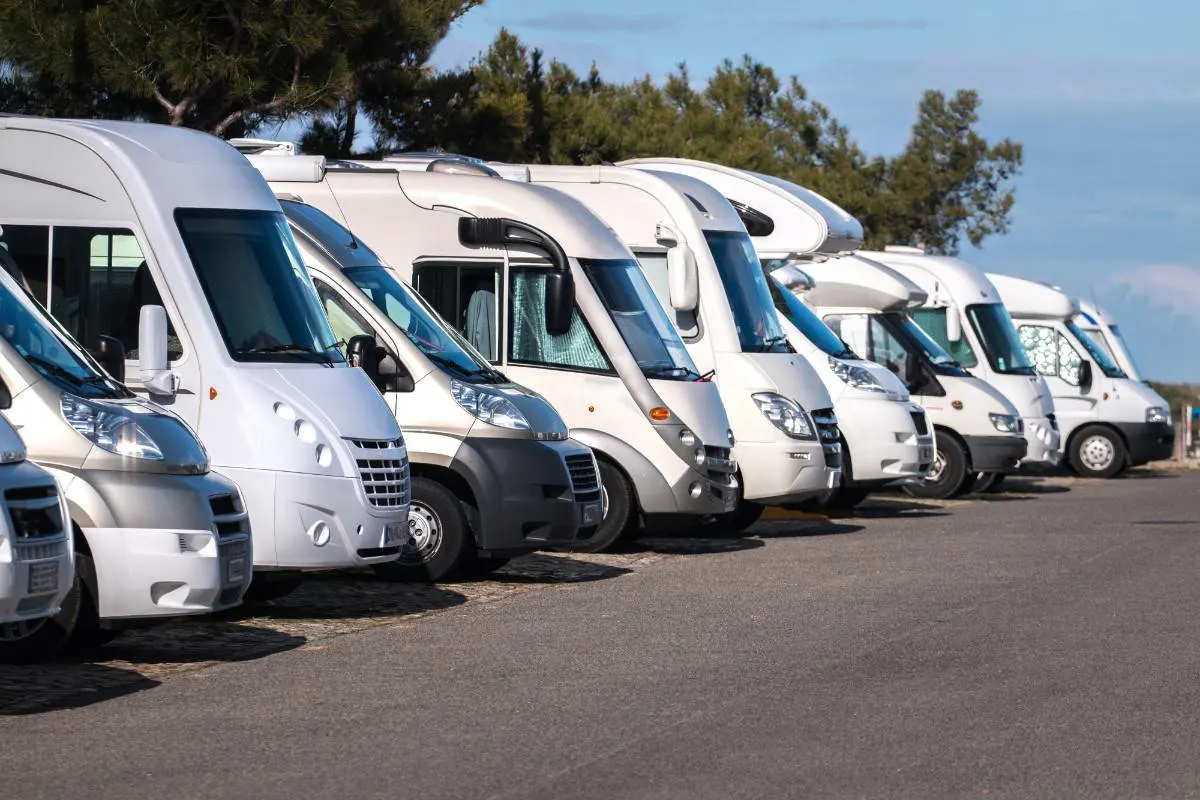
Wholesale prices of towable RVs in April of 2011 were $22,214, which was a 1.8 percent increase from March and a 63 percent increase from the same month in 2020.
Motorhomes saw the same increases, and the average wholesale price for 2022 was $64,474, a 2.3 percent increase from March 2022 and a 76.8 percent increase from the same month of 2021.
These are phenomenal price increases in a year. However, you can get a good deal if you know where to start. Knowing the wholesale cost of RVs, the retail price, and the percentage of commissions earned by sales reps, you can haggle your way to a lower price than what is listed. If you are really adventurous, have some carpentry and mechanical skills, and want to save thousands of dollars, you can build your own travel trailer.
Costs to Make/Manufacture
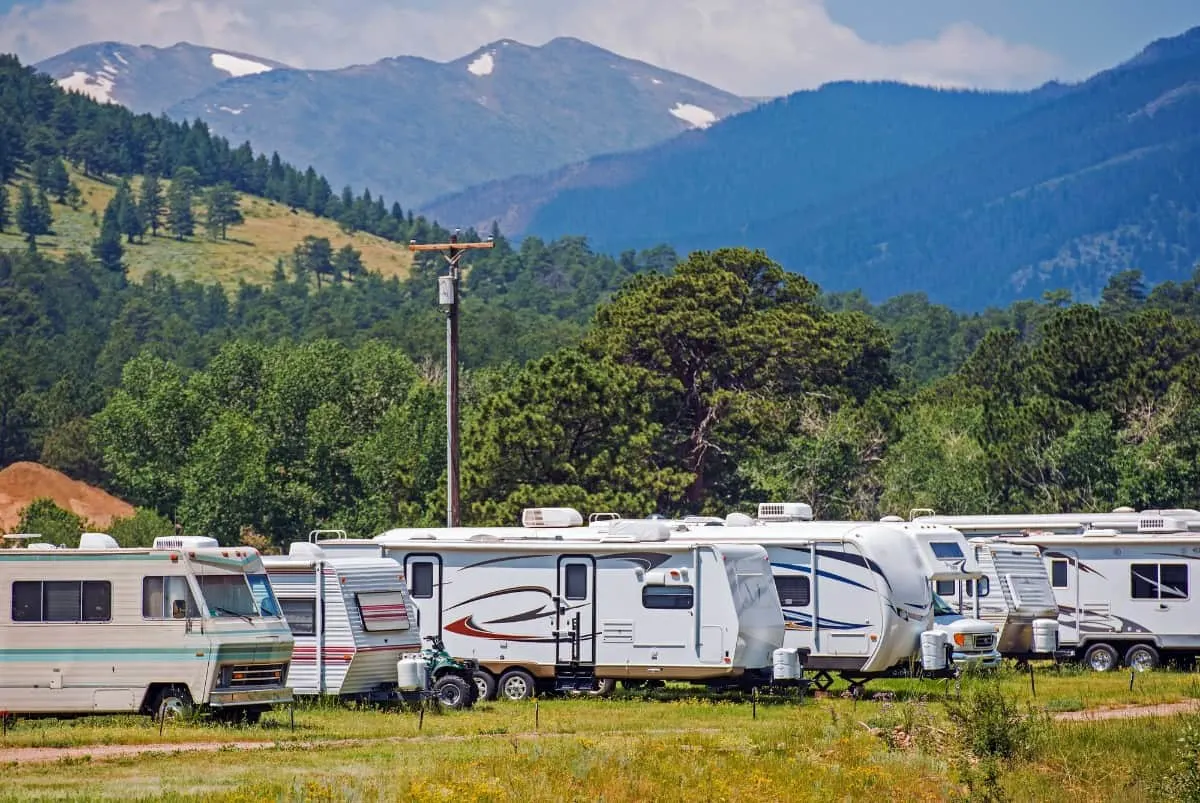
- Labor for a manufactured pull-behind type trailer would be hard to calculate. Jayco can build a trailer in a day. However, that means many people are doing different jobs, and Jayco won’t tell us their labor costs. I know I wouldn’t. However, building your travel trailer can be done in as little as a weekend or may take months and depends on how you want it outfitted.
- Materials cost – as with labor, there are many variables to labor cost. The labor cost is exceedingly high in the Jayco plant, where they can build a travel trailer in six hours. Many teams are working in tandem to bring a bare trailer frame to a full-blown ready-to-travel trailer.
- Administrative costs are a part of any sale of this scale; therefore, they are a cost that is passed on to you when you buy a trailer. They include dealer title and doc fee, sales tax, and insurance. Therefore, you need to consider these costs when negotiating the price.
- Building a trailer has no administrative costs. That is unless you consider the time you spend on the phone searching for the best-priced materials and administrative expenses and pay yourself accordingly.
- Marketing is a tremendous cost to any business, and again, it is a cost you will pay. Recreational vehicle manufacturers are spectacular marketers and make you want to come on down, load the family aboard a new trailer, and take off for parts unknown. But, moreover, that very slick marketing has a cost that you will pay, whether you see it or not.
- See the details – when you buy a new trailer, don’t assume the model you are looking at is the one for sale, and be sure what you see is included. Items such as solar power systems that include panels, inverters, and batteries are expensive. Finding out they are omitted after the sale is finalized could be a deal-breaker and a bad experience. To be forewarned is to be forearmed, so be sure to ask questions.
- Make sure it’s ready to go – are the batteries charged, do you know how to use the trailer systems, are the LP tanks full, and does the AC work? Check out and be sure you know how to use every system on a trailer before you pull it off the lot. Oh, yes, pulling it off a lot means you’ll need the right vehicle.
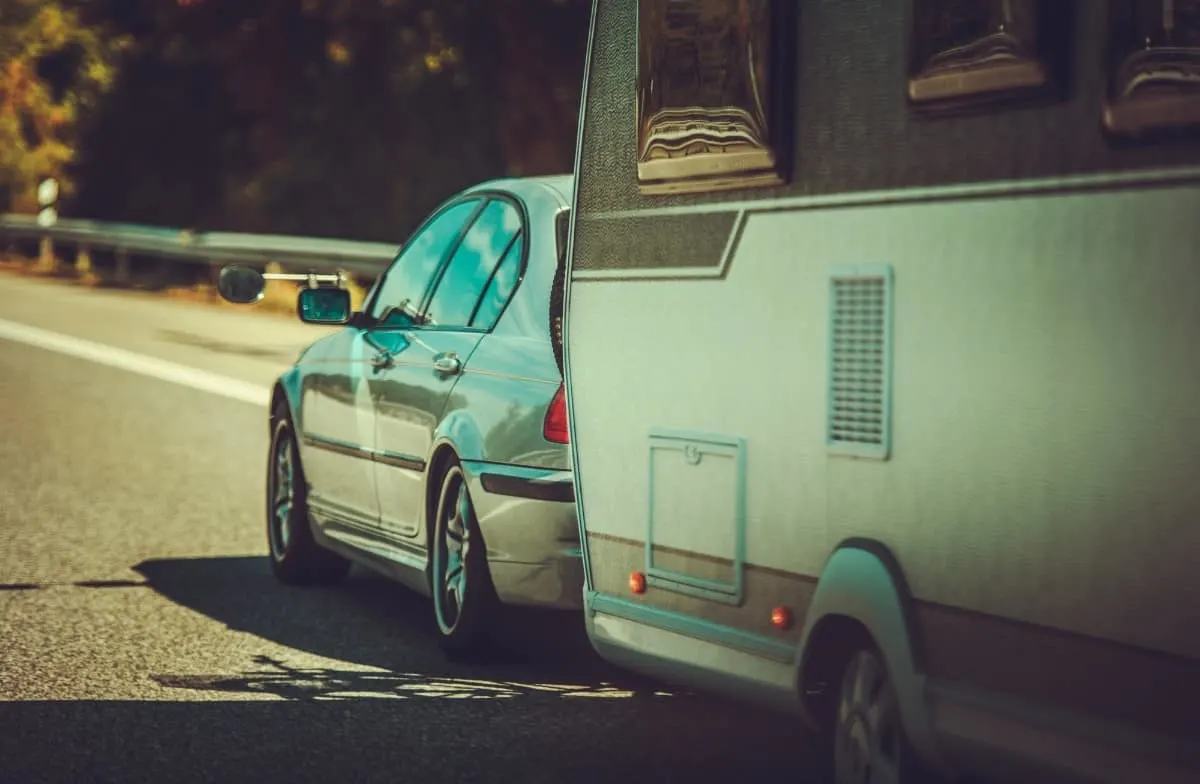
A compact car can tow some pull-behind trailers. However, other campers will require a good-sized SUV or pickup truck to pull them. So be sure the vehicle you own can pull the trailer you buy or plan on purchasing a vehicle to pull it with.
There is a significant difference in trailer prices from one manufacturer to the next. Much of that is due to how the trailers are constructed and their overall quality. So, if you are buying a travel trailer or motorhome that you want to use for years to come, paying a little more for a little higher quality RV will be to your benefit.
Or, you can build your own, save thousands of dollars, and go to all the same camping spots as the big diesel-pusher motorhomes, and probably some they can’t get to.
